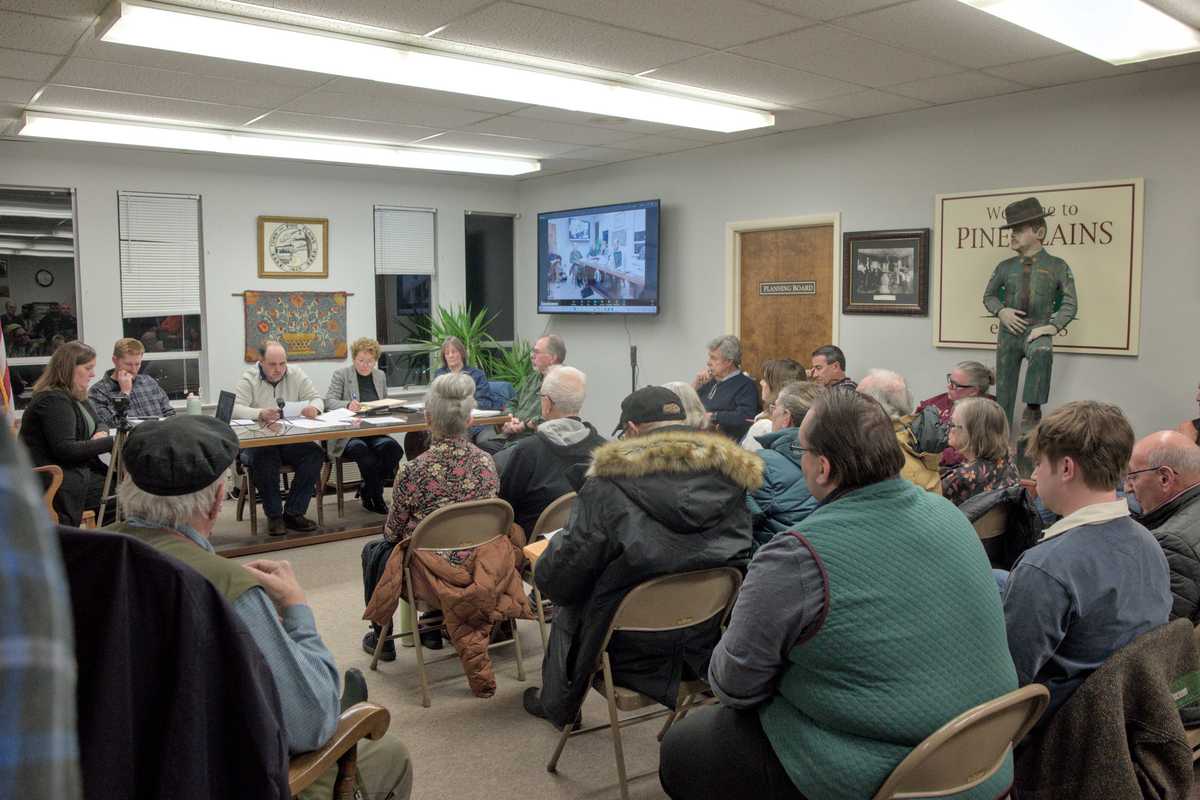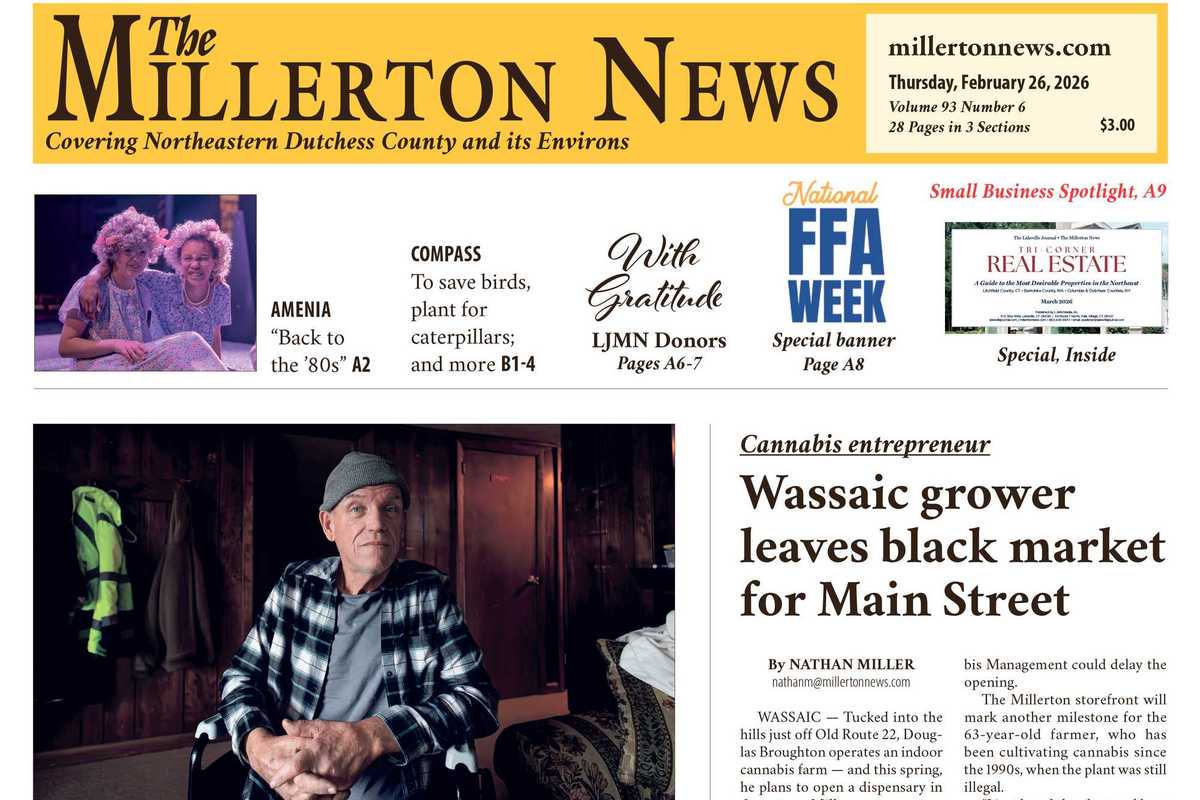The evolution of Millerton’s Main Street

Terni’s store, now closed but still in place at 42 Main St. in Millerton, opened in 1919 and shut its doors in 2020 after a century in business and being handed down through three generations of the Terni family, with the passing of the much loved Phil Terni. Its closing was, for many villagers, a significant milestone for the 146-year-old business district, which has seen many changes since its founding. Photo by Kaitlin Lyle








 lakevillejournal.com
lakevillejournal.com 






 Visitors consider Norman Rockwell’s paintings on Civil Rights for Look Magazine, “New Kids in the Neighborhood” (1967) and “The Problem We All Live With” (1963.) L. Tomaino
Visitors consider Norman Rockwell’s paintings on Civil Rights for Look Magazine, “New Kids in the Neighborhood” (1967) and “The Problem We All Live With” (1963.) L. Tomaino

 Styling a tray can give a home or room a re-fresh.Kerri-Lee Mayland
Styling a tray can give a home or room a re-fresh.Kerri-Lee Mayland




